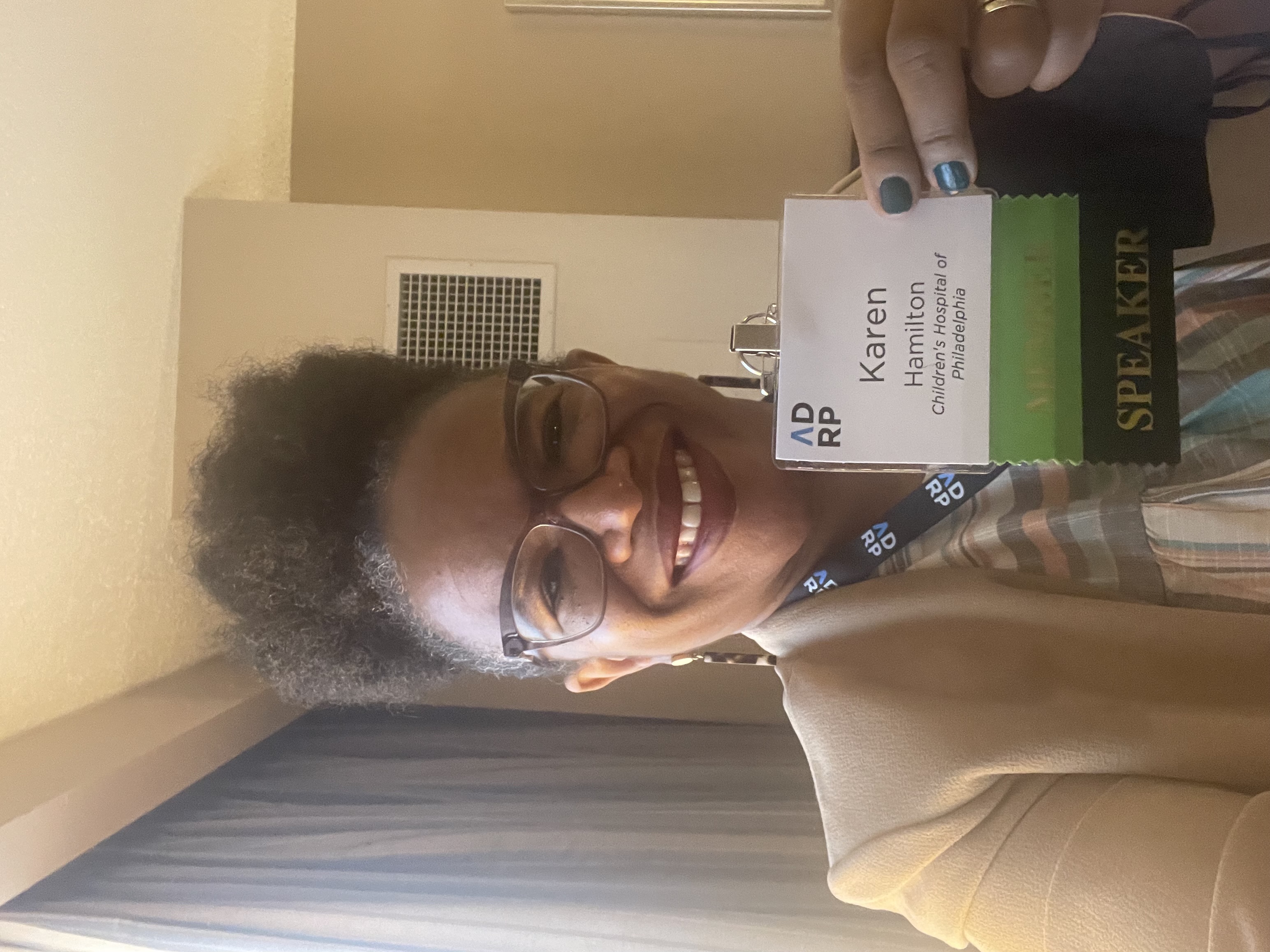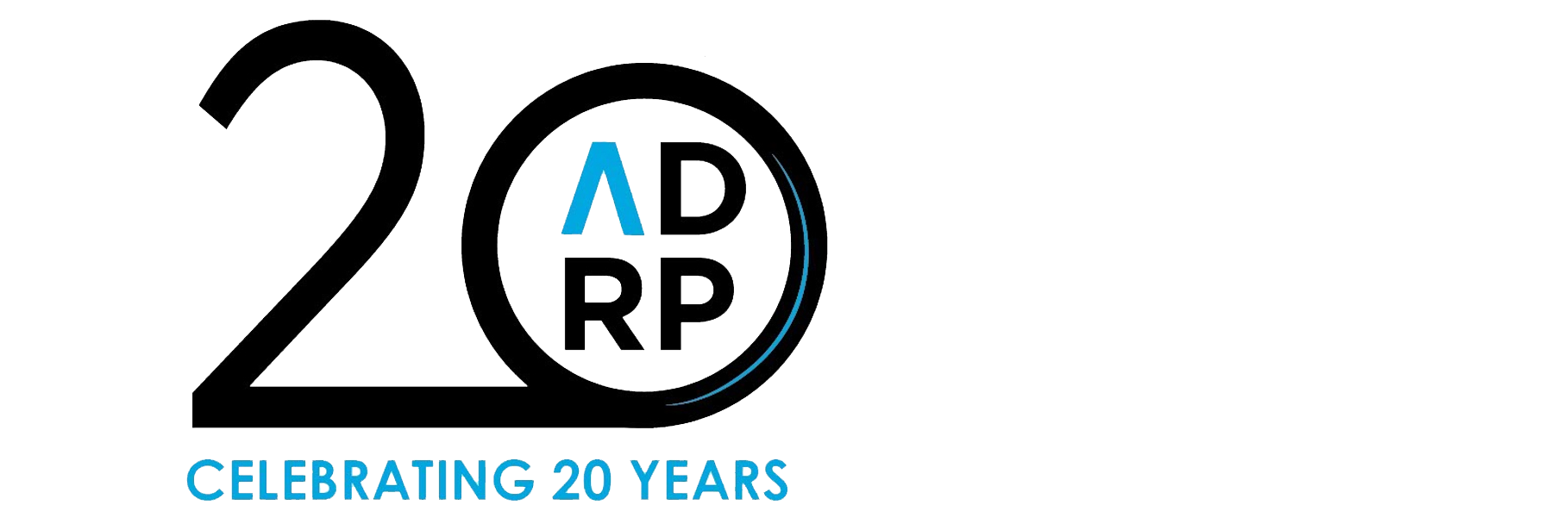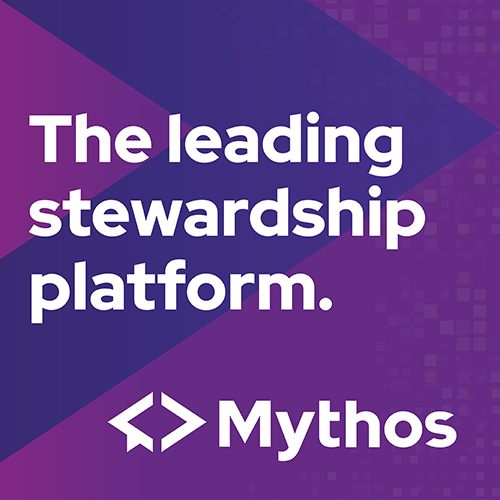 Karen J. Hamilton
Karen J. Hamilton
Children’s Hospital of Philadelphia (CHOP)
Director of Donor Relations and Stewardship
Background Info
Can you tell us about your career trajectory? How did you come into donor relations as a career?
After completing my degree in communications, I began working in higher education while pursuing a graduate degree in journalism. After an enjoyable period in a chief-of-staff role that blended the writing and administrative work I loved, I left the University of Pennsylvania (Penn) to be at home with my child.
Four children and 14 special years later, I returned to support the VP of finance where I managed the university’s annual report. In 2012, the report focused on Penn’s commitment to undergraduate financial aid. I learned more about philanthropy from Interviewing the students and key players who were involved in the program’s success.
This, coupled with involvement with my class’s 25th reunion, reinforced that those in development and alumni relations were the happiest people on campus. When a position was created for an associate director of stewardship and communications for the undergraduate financial aid program, it seemed tailor made for me.
I advanced in similar roles across Penn and armed with a bit of boldness that turning 50 brings, I made the shift to pediatric healthcare – a mission I care about deeply – helping to lead and grow a team of stewardship and donor relations professionals at CHOP.
What influenced your interest in and passion for donor relations?
As a commuter student and an underrepresented minority, I felt very disconnected and isolated while an undergraduate at the University of Pennsylvania.
Thankfully, I grew to love the school when I became staff, and many years later when I joined my reunion committee, because I learned about advancement. Moreover, I learned that there was more to advancement than front-line fundraising.
One of my “super-powers” is celebrating people. I enjoy listening to people – I mean, really listening, to hear the motivation of their hearts, and deriving what gives them meaning. I can look at people’s family photographs for hours, and don’t have to know a soul.
I get joy out of selecting just the right card, gift or experience to show a person that they are seen, loved, appreciated. And, I am a good “set-up” person – I find fulfillment setting other people up to succeed. I have found my professional calling and purpose.
As a black woman, I am also passionate about helping to pave the way with exposure about the field and creating opportunities for more people of color, so that donor relations and our philanthropic community benefit from a diversity of backgrounds and experience.
What lessons, words of advice/inspiration would you like to pass on to other donor relations professionals?
Show gratitude, personalize recognition, and engage your team to strengthen the bonds we share as colleagues. Strong, connected teams perform better and create better donor experiences. Treat your staff like your most valued donor!
Can you talk about a specific donor engagement or stewardship activity that makes you feel like you are providing the best experience for donors?
A very engaged donor and volunteer leader recently passed away. His daughter, who had been a CHOP patient, designated gifts in his honor to the hospital.
A few months after his death, I came across a video where the donor gave remarks in tribute to another long-time board member. Certain that his family had never seen it, I shared it with his daughter and son. Losing my dad a few years ago, I appreciate the impact of moments when I hear my dad speak or see him on camera, especially unexpectedly.
I also know that often one component of grief is our deep fear of forgetting the lost loved one. This family’s gratitude after receiving the clip affirmed the value in that small gesture.
Connection to ADRP
When did you become an ADRP member?
I joined ADRP in 2021.
Why is ADRP membership important to you?
Being part of a community is so important to me. I experienced my first in-person ADRP Conference in Albuquerque and thought, “I have found my peeps!” It is incredible to share resources, ideas, and experiences with practitioners who also want to serve their organizations and their community of donors well.
ADRP is universally recognized as the authority on donor engagement for the philanthropy profession. In your own words, how does ADRP serve you in the form of professional development?
The term “work smarter not harder” has been thrown around a lot lately. ADRP helps me to work smarter by fostering a supportive and engaged network of donor relations professionals who are willing to share their knowledge of trends and best practices, as well as their challenges.
The array of opportunities to develop as a professional in the field, as a leader, and as a person are at the heart of ADRPs mission and I benefit tremendously.

